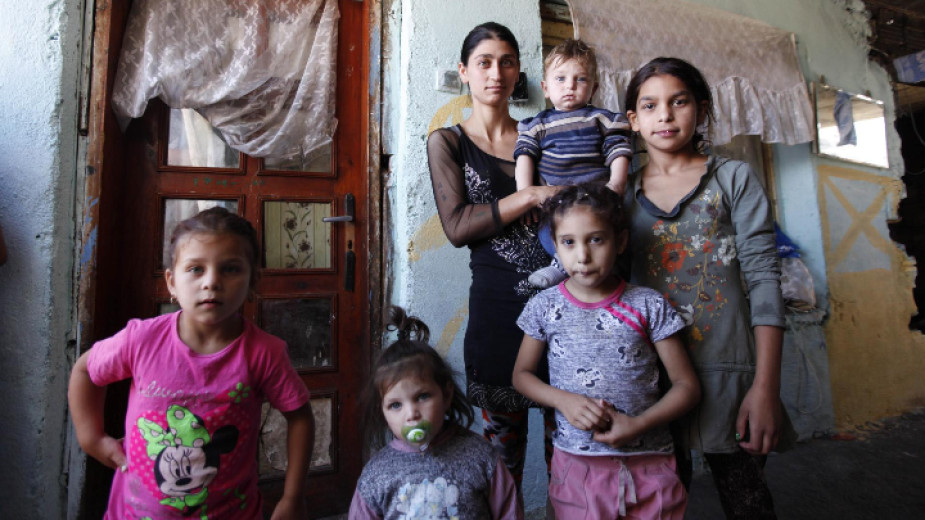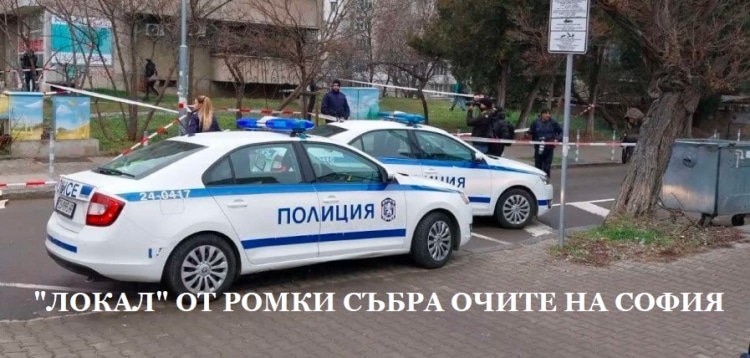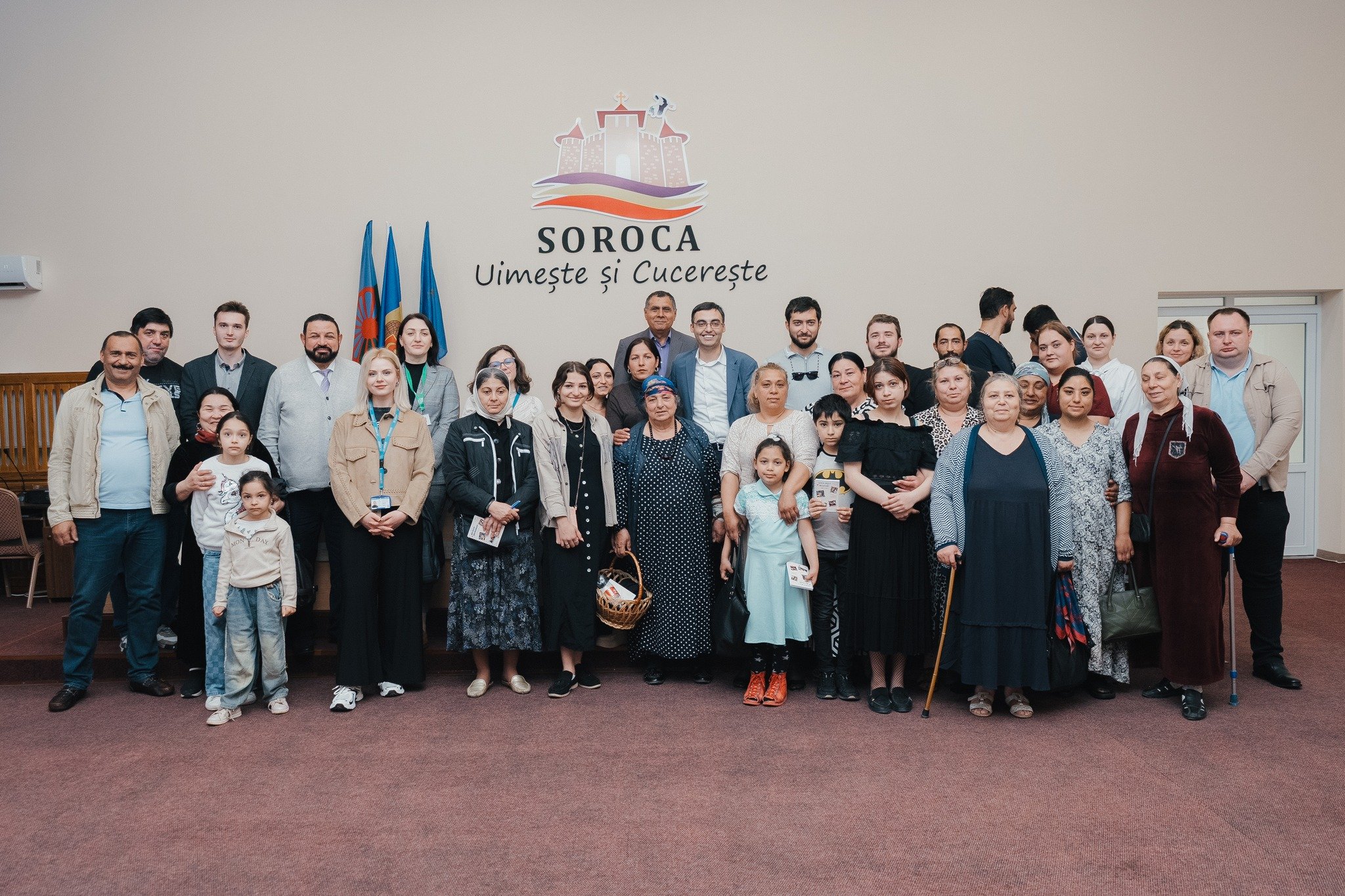The largest horse fair and gathering of travellers and Roma in the UK is almost there. A guide to it. But alos a tabloid article about communities barricading, the usual stereotypical rants.
Bad.
- ‘Nothing keeps them at bay..’ Furious locals turn their villages into FORTRESSES as thousands of travellers descend for controversial Appleby Horse Fair with police already being forced to handcuff a 10-year-old boy. In: Daily Mail. 01.06.2025. https://www.dailymail.co.uk/news/article-14767513/cricket-pavilion-knife-threats-Locals-lock-Europe-gypsy-gathering.html
- Appleby Horse Fair 2025: Everything you need to know from parking and what’s on to police warnings. In: Lancs. 02.06.2025. https://www.lancs.live/whats-on/appleby-horse-fair-2025-everything-31771114



















